4 February 2025
Esports is no longer just a niche industry where gaming enthusiasts gather to watch their favorite players battle it out. It's a global juggernaut now, with millions of fans, a thriving ecosystem, and a competitive scene so intense it rivals traditional sports. At the heart of this high-octane world are esports teams—groups of incredibly skilled players banding together to conquer international leagues and etch their names into competitive history. But have you ever stopped to think about what these teams go through to get to the top? Their journey isn't just about clicking buttons; it's about grit, strategy, and a relentless pursuit of greatness.
So, let’s dive deep into the world of esports teams and their journey through international leagues. There’s more to it than meets the eye! 
The Birth of an Esports Team
Every legendary esports team starts with a simple idea: a bunch of gamers with a shared dream of competing at the highest level. It's like forming a band—you need to find the right mix of personalities, skills, and dedication. But unlike a casual gaming group, esports teams are meticulously crafted.First off, talent scouting is critical. Teams hunt for players who aren’t just good but exceptional. These players think faster, aim sharper, and strategize better. But skill isn’t the only thing that matters. If someone’s ego is bigger than their team spirit, chances are they won’t make it far in esports. It's all about synergy.
Think about famous teams like T1 in League of Legends or Astralis in CS:GO. These aren't just random groups of players; they’re carefully curated squads that live and breathe teamwork. It’s a grind, though. Players have to practice for hours daily, and it’s not just about playing games—it’s about analyzing strategies, reviewing gameplay, and improving every tiny aspect of their performance. 
The Rise Through Regional Leagues
Before teams can make a splash internationally, they have to prove themselves in regional leagues. This is where the journey truly begins. Regional leagues are like the minor leagues in baseball—they’re super competitive and serve as a proving ground for up-and-coming teams.Take the LCS (League of Legends Championship Series) in North America or the LEC (League of Legends European Championship) as examples. Teams battle it out for weeks on end, fighting for that coveted spot to represent their region on the global stage.
But it’s not just about winning games; it’s about consistency. One bad performance could mean losing sponsors, fan support, or even roster stability. It’s a high-pressure environment, and only the best survive. 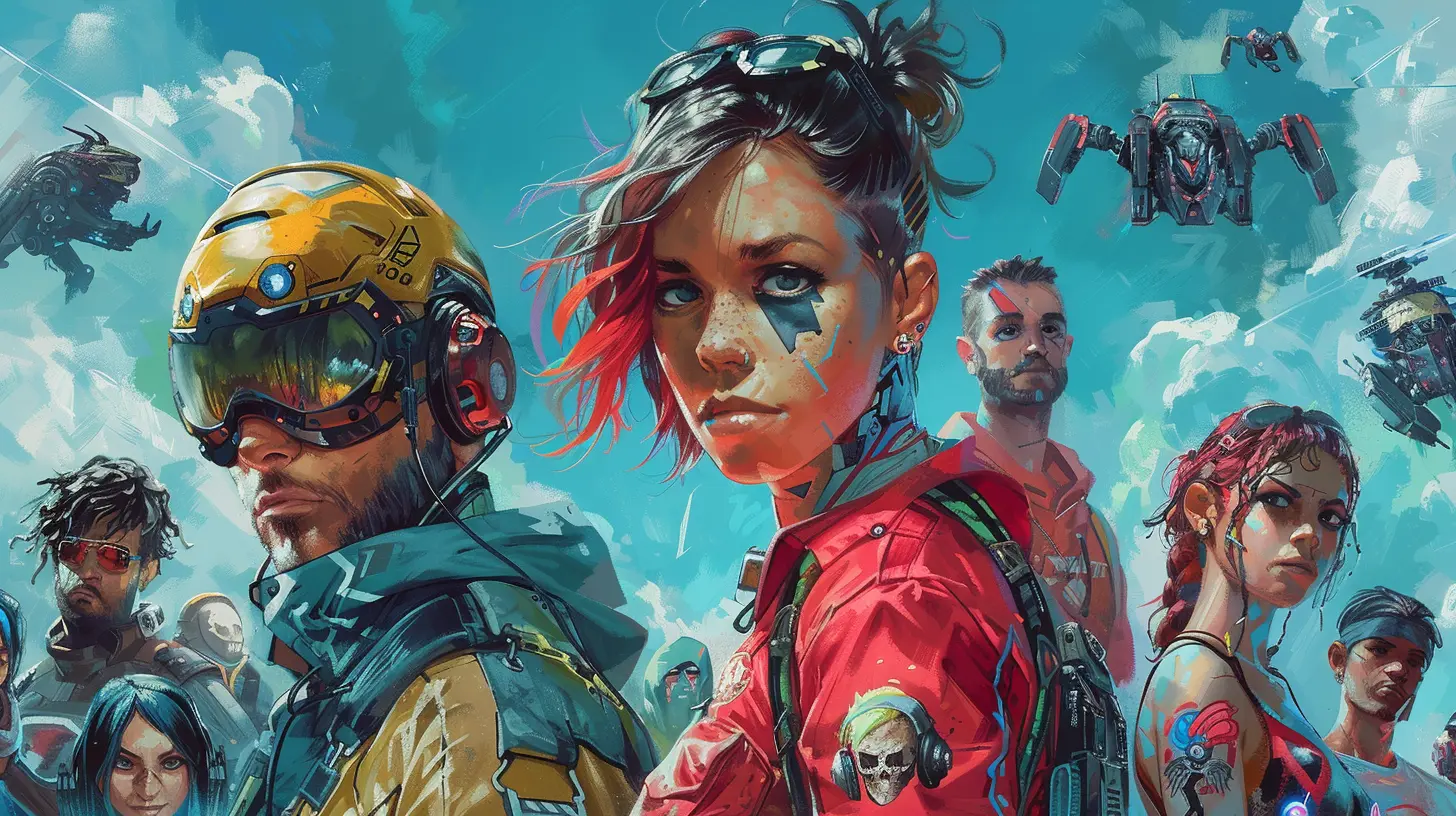
International Leagues: The Big Stage
Making it to an international league is like graduating from college—it’s the big leagues now, and the stakes are higher than ever. You’ve got teams from all over the world, each with its own unique playstyle, strategies, and level of skill.Take, for instance, The International (TI) in Dota 2 or the League of Legends World Championship. These tournaments are the pinnacle of esports. They’re massive events, held in grand arenas, with millions (sometimes tens of millions) of dollars in prize money. It’s the stuff of dreams, really.
But here’s the catch: the competition is brutal. Teams can dominate their regional leagues but still struggle internationally. Why? Because every region has its own “meta”—a fancy term for the most effective strategies and tactics at any given time. Adapting to the global meta is no small feat. It’s like switching from playing chess with your friends to playing against a grandmaster—you’ll need to up your game, fast.
Just look at past tournaments. Teams like DWG KIA and EDward Gaming have shown that adapting on the fly and staying mentally tough are keys to success. It’s not just about gameplay; it’s about composure, resilience, and being able to handle the pressure of performing in front of millions of viewers. 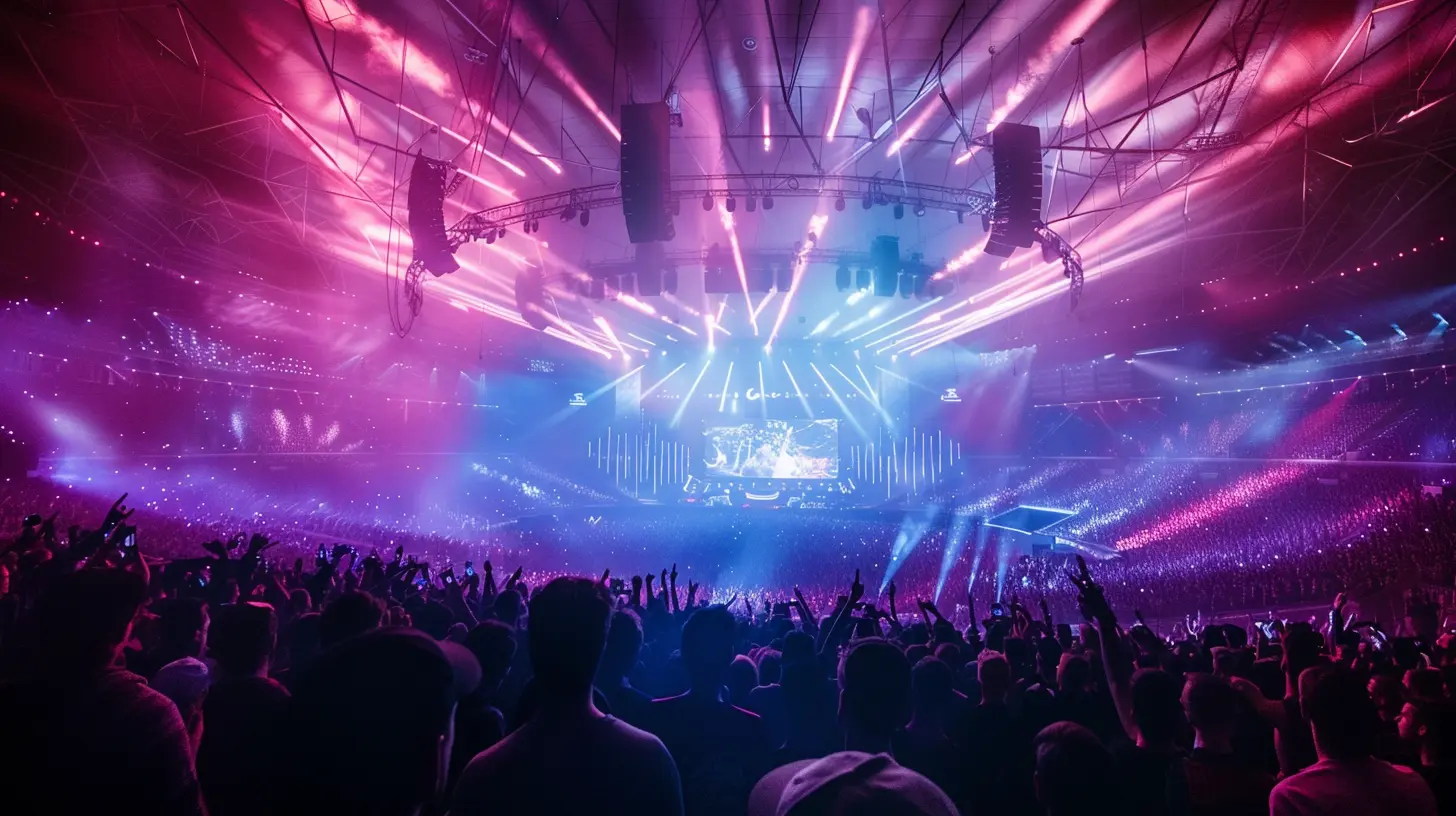
The Role of Coaches and Analysts
Behind every successful esports team is a group of unsung heroes: the coaches and analysts. These folks aren’t just there to hand out pep talks—they’re the brains behind the brawn.Coaches work on strategy, helping teams figure out how to counter their opponents and refine their own strengths. They’re like the chess masters of the esports world, always thinking five steps ahead. Analysts, on the other hand, do the dirty work of crunching numbers, studying gameplay stats, and figuring out what’s working and what isn’t.
Imagine a Formula 1 team. The driver gets all the glory, but behind the scenes, there’s a whole crew fine-tuning the car and studying the competition. Esports is no different. Without a solid support team, even the most talented players would flounder at the international level.
Fan Support: The Hidden Fuel
Let’s not forget the role of fans. Esports wouldn’t be the juggernaut it is today without its insanely passionate community. Fans cheer their hearts out, flood social media with memes, and create an atmosphere that fuels players to perform at their best.And it’s not just locals supporting their hometown heroes. Esports is a global phenomenon, and fans often root for teams from other regions simply because they love the players or the storyline. Who can forget the underdog run of OG in The International 2018? They went from being counted out to lifting the Aegis of Champions, and fans worldwide rallied behind them.
This connection between teams and their fans goes beyond just watching games. It’s about merch, meet-and-greets, and even watching players stream their practice sessions. It’s a symbiotic relationship, and it’s one of the reasons esports continues to grow.
The Challenges Along the Way
Now, it’s not all sunshine and rainbows in the world of esports. The journey to the top is riddled with challenges. Teams face burnout, roster changes, and even financial instability at times.Burnout is a massive issue. Imagine grinding the same game for upwards of 10 hours a day, six days a week. It takes a toll, both mentally and physically. Then there’s the issue of roster changes. It’s common for teams to swap players in and out in the hope of finding that “perfect” synergy. But these changes can disrupt team dynamics and lead to poor performances in the short term.
Oh, and let’s not forget the financial side of things. While top-tier teams rake in sponsorships and prize money, smaller or mid-tier teams often struggle to make ends meet. It’s a harsh reality, but it’s part of the ecosystem.
What Makes a Great Esports Team?
So, what separates the good from the great? It’s not just skill or strategy—it’s the intangibles. A great esports team has chemistry, adaptability, and an unbreakable will to win.Chemistry is huge. Take teams like Fnatic or Team Liquid—they don’t just play together; they trust each other implicitly. That trust is what allows them to execute complex strategies under pressure.
Adaptability is another key factor. The esports meta is always changing, and teams must evolve to stay competitive. It’s like being a rock climber—if the path you originally chose doesn’t work, you need to figure out a different route to the top.
And then there’s mental toughness. Esports can be cruel; one bad play can cost you an entire tournament. But the best teams shake it off and come back stronger. They’ve got that “never give up” attitude, and it’s inspiring to watch.
The Future of Esports Teams
The future looks incredibly bright for esports teams. With more investment pouring in, better training facilities, and greater global recognition, the sky’s the limit.Teams are now getting access to resources that were unimaginable a decade ago—nutritionists, psychologists, and even state-of-the-art gaming houses. And as esports continues to gain legitimacy, you can bet we’ll see even more talented players entering the scene.
But one thing’s for sure: the journey for esports teams will always be filled with highs and lows. That’s what makes their stories so compelling and keeps fans coming back for more.
Final Thoughts
Esports teams and their journey through international leagues are nothing short of awe-inspiring. From humble beginnings to battling it out on the global stage, these squads embody the essence of competition, teamwork, and perseverance. It’s not just about playing games—it’s about chasing dreams, overcoming obstacles, and leaving a legacy.If you’re a fan, the next time you cheer for your favorite team, just remember the blood, sweat, and tears that went into getting them onto that stage. And if you’re dreaming of making it as a pro, take notes—because these teams are proof that with passion, dedication, and a little bit of luck, anything is possible.



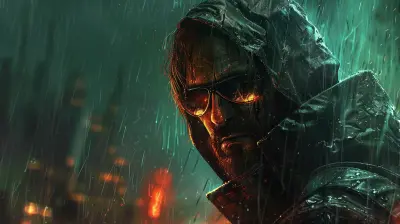
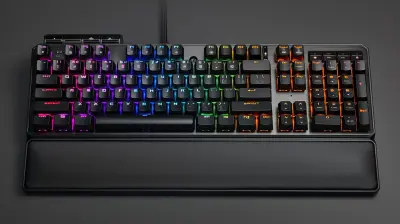

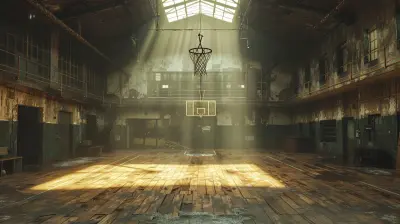


Jet Patel
The article effectively highlights the dynamic evolution of esports teams in international leagues, emphasizing their strategic adaptations and cultural impacts. It captures the essence of competition and camaraderie that defines this burgeoning industry.
March 24, 2025 at 5:28 PM